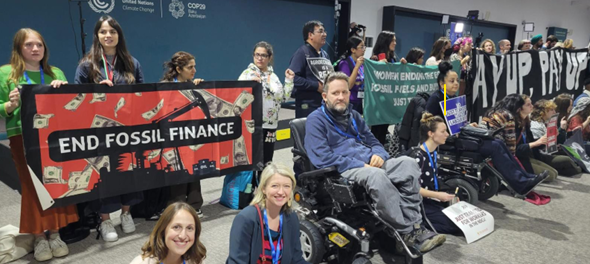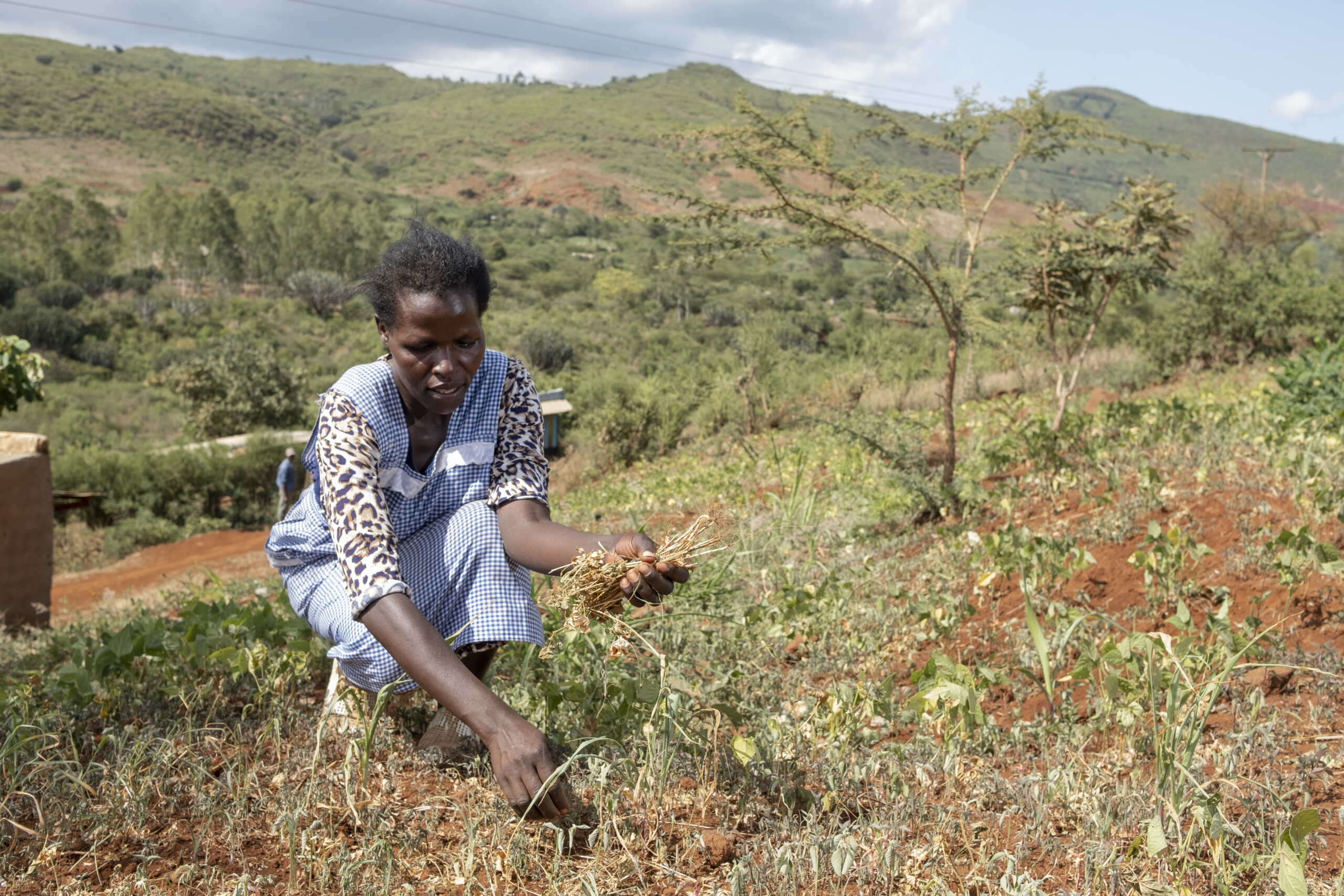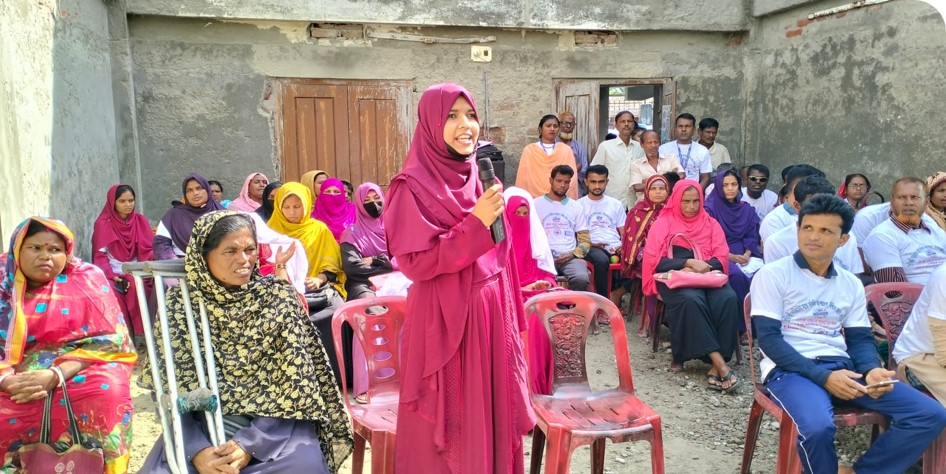Lessons learned from partnerships with organisations of persons with disabilities
News | February 4, 2022
OPDs have a key role in international development and humanitarian action and yet a survey by the International Disability Alliance showed that in the international community, persons with disabilities are “increasingly consulted, but not yet participating”.
“Within our disability sector, people usually do not ask us.” – Advisory partner
CBM Global partners with organisations of persons with disabilities (OPDs) in its international work, country-level advocacy, and grassroots programming. During 2020-2021, CBM Global conducted a listening exercise across 14 countries and 32 organisations to see what is working well and what could be strengthened in our partnership approach with organisations of persons with disabilities. The listening exercise was carried out by Julie Smith and Stephanie Carver of CBM Australia’s Quality Team and Abner Manlapaz, a consultant fellow from the Centre for Inclusive Policy.
Today, we are happy to launch the enquiry report entitled “We have a key role now”: lessons learned from partnerships with organisations of persons with disabilities. The title includes a quote from one of the OPD partners who participated in the listening exercise, reflecting on the linkages they have now established with their government. Engaging with representative groups is an essential part of efforts to ensure international development and humanitarian initiatives are responsive and accountable to the people that they serve.
What were the key messages from the enquiry?
The listening exercise highlighted three areas in particular where CBM Global’s approach to partnership was valued:
Building bridges
One of CBM Global’s most important contributions to organisations of persons with disabilities is a connective and catalytic role. CBM Global helps raise the profile of organisations of persons with disabilities and connects them with governments and international organisations so they can bring issues “from the community to advocacy”.
Strengthening OPDs
Many partners report that support from CBM Global transforms their ability to represent persons with disabilities and intervene on disability-related issues. Grassroots organisations have been formed, larger federations have been supported in their development, and international partners have become more skilled. CBM Global helps organisations access other sources of funding. For example, in one country a federation of organisations of persons with disabilities went on to secure 14 times as much funding from other partners as the support that came through the CBM Global partnership.
Working together as equals
With many organisations of persons with disabilities, especially more established ones, CBM Global works based on shared goals and mutual respect. A balance is maintained between providing support and acknowledging expertise and skill. Partnerships with smaller organisations, however, have been more challenging, in particular where partnership was formed through an intermediary organisation. Much more can be done to ensure they are still involved and fully benefit from these partnerships.
The listening exercise has helped us to identify where we can improve and how we can strengthen our accountability to our OPD partners. In the forthcoming Global Disability Summit, drawing on this listening exercise, CBM Global is taking measures to further strengthen its partnership approach with organisations of persons with disabilities. These can be found in the commitments we set out for the Global Disability Summit. Going forward, we are joining the call to #CommitToChange and live up to our ambition of authentic partnership, in keeping with our commitment to have partnership with and accountability to the disability movement at the heart of our strategy.
https://cbm-global.org/news/lessons-learned-from-partnerships
Related News

One in Five Is Not Enough: The gains on Disability Inclusion have not gone far enough
One in Five Is Not Enough: The gains on...

COP30 Is a Turning Point for Disability-Inclusive Climate Action
As the world gathers in Belém, Brazil, from 10–21 November 2025 for COP30, the message from...

Achieving resilience for all requires funding disability inclusion in DRR
On International Day for Disaster Risk Reduction (DRR) 2025,...
